
Find Your Energy Again: Introducing the 14-Day Reset
Do you ever feel like life’s demands have drained your energy reserves? Between juggling work, family, and everything in between, it’s easy to feel like you’re running on empty. What if I told you that in just 14 days, you could feel lighter, more energized, and ready to take on life with renewed vitality?
The 14-Day Reset is here to help you reclaim your energy and focus on YOU. This is not about quick fixes or fads—it’s about making intentional, sustainable changes to support your body and mind.
Here’s what the Reset is all about:
- Nourishment from the Inside Out: Through whole-food, clean meals, you’ll flood your body with nutrients that reduce inflammation and boost energy.
- Movement That Feels Good: Simple, intentional exercise to get your body moving and your endorphins flowing.
- A Holistic Approach to Wellness: Incorporating hydration, mindset shifts, and targeted support like NingXia Red to fuel your body and help you thrive.
- Daily Tips and Accountability: Each day, you’ll receive practical guidance to keep you on track and inspired.
This Reset is perfect for anyone who’s ready to:
- Break free from sluggishness and fatigue.
- Sleep better and wake up feeling refreshed.
- Take small, impactful steps toward a healthier, more vibrant life.
It’s not about being perfect—it’s about progress. The Reset is your opportunity to prioritize yourself, even in the midst of a busy life.
Are you ready to feel like YOU again? Let’s do this together!
Sign up for the 14-Day Reset today and take the first step toward a brighter, more energized you. 🌿✨
My blogs contain some affiliate links.
Any purchase made is a blessing to my family at no extra cost to you!
Thank you for supporting us!

The Ultimate Immune-Boosting Shot: Why These Ingredients Work So Well Together
There are times when you are just run-down—with stress, running around, taking care of your family, doing all the things. We all do our best to take care of ourselves, but sometimes we don't get enough sleep, or we get dehydrated, or eat too many sweets. When we start to feel our bodies lag or feel that tickle in our throats, we need something quick to keep ourselves above the wellness line.
If you’re looking for a powerful, natural way to support your immune system—especially during the busy seasons of life—this simple homemade shot is one of my favorites. It’s made with everyday ingredients that moms have been using for generations: garlic, ginger, turmeric, lemon, and a few optional but mighty boosters like black pepper and raw honey.
This blend is warming, cleansing, anti-inflammatory, and loaded with plant compounds that the body recognizes and uses beautifully. Below, I’m breaking down each ingredient so you understand exactly why it helps your body stay strong, resilient, and energized.
Garlic: Nature’s Antimicrobial Powerhouse
Garlic has been used as medicine for thousands of years, and modern research continues to confirm what our ancestors already knew. Garlic contains a compound called allicin, which activates when the clove is crushed and has strong antiviral, antibacterial, and antifungal properties.
Why it supports immunity:
- Helps the body fight off viruses and bacteria
- Reduces inflammation
- Supports healthy blood pressure and circulation
- Acts as a natural decongestant and lung supporter
Crushing your garlic or chopping it in tiny pieces and letting it sit for a minute before adding it to the pot helps maximize the allicin content—so don’t skip that step!
Ginger: The Warming, Inflammation-Fighting Root
Ginger is well-known for its ability to soothe the digestive system, but it’s also a powerful root for immunity. The compound gingerol is a strong anti-inflammatory and antioxidant agent.
Why it supports immunity:
- Reduces inflammation in the body
- Helps clear congestion and mucus
- Supports digestion, which is foundational to a strong immune system
- Warms the body and stimulates circulation
Ginger also helps reduce nausea and tummy aches—always a major mom-win.
Turmeric: The Golden Anti-Inflammatory
Turmeric’s active compound curcumin is one of the most powerful anti-inflammatory agents found in nature. It’s been studied extensively for its ability to calm inflammation, support joint health, and protect cells from oxidative stress.
Why it supports immunity:
- Strong anti-inflammatory effects
- Antioxidant-rich, helping protect cells from damage
- Helps support lung and respiratory health
- Supports liver detox pathways
If you’re using turmeric powder instead of the fresh root, both will work beautifully.
Black Pepper: The Absorption Booster (Optional but Highly Recommended)
On its own, curcumin from turmeric is not absorbed very well by the body. But when you add black pepper, which contains piperine, absorption increases by up to 2,000%.
Why it supports immunity:
- Makes turmeric dramatically more effective
- Offers its own anti-inflammatory benefits
- Helps warm the digestive fire
Just a small pinch is all you need.
Lemon: Vitamin C + Cleansing Support
Fresh lemon juice is loaded with vitamin C, a nutrient well-known for strengthening the immune system and helping the body produce white blood cells. Lemon also supports digestion, hydration, and detoxification.
Why it supports immunity:
- High in vitamin C to support illness prevention
- Helps maintain a healthy pH in the body
- Supports liver cleansing
- Breaks down mucus and phlegm
Adding lemon after the mixture cools preserves the vitamin C content.
Raw Honey: The Soothing Antimicrobial Sweetener (Optional)
Raw honey isn’t just for flavor. It offers its own set of immune-supportive benefits, especially when it comes to coughs and throat irritation.
Why it supports immunity:
- Naturally antimicrobial
- Soothes a scratchy, irritated throat
- Helps calm coughing
- Contains enzymes, minerals, and antioxidants
Choose raw honey when possible, since pasteurization removes many of the beneficial compounds.
Why These Ingredients Work So Well Together
Each ingredient supports the immune system in a different way—some fight microbes, others reduce inflammation, others support the gut, and some boost nutrient absorption. When combined, they create a powerful synergy that helps:
- Strengthen your immune defenses
- Reduce inflammation (a key driver of low energy and sickness)
- Support healthy digestion
- Warm and circulate the body
- Break up mucus and congestion
- Provide antioxidants that protect your cells
For busy moms and families, this little shot can make a huge difference—especially during stressful, high-germ seasons.
How to Use This Immunity Shot
Take 1–2 ounces daily for prevention, or 2–3 ounces when you’re feeling run down, traveling, or exposed to illness. You can drink it warm as a tea or keep it in the fridge and take it as a quick shot.
Immune-Boosting Garlic Ginger Turmeric Lemon Shots
Ingredients
- 4 garlic cloves (freshly crushed or diced)
- 1 inch fresh ginger, sliced or grated (you can add a drop of ginger essential oil for extra benefits)
- 1 inch fresh raw turmeric sliced or grated or 1 teaspoon turmeric powder
- 3 cups water
- 1 whole lemon, juiced (you can add the zest or a drop of lemon essential oil for for extra benefits)
- (Optional but powerful):
- Pinch of black pepper or 1 drop of black pepper essential oil (boosts turmeric absorption)
- 1–2 teaspoons raw honey (adds soothing and antimicrobial benefits)
Instructions
- Prepare the base tea:
Add the garlic, ginger, and turmeric to a small pot with 3 cups of water. - Simmer:
Bring to a boil, then reduce heat and let it simmer for 10–12 minutes. - Strain:
Strain the liquid into a heat-safe jar or measuring cup. - Add lemon (and honey, if using):
Allow the tea to cool for a few minutes so the lemon keeps its vitamin C, then stir in fresh lemon juice. - Store & use:
Pour into small glass jars or shot bottles. Store in the fridge up to 3–4 days.
My blogs contain some affiliate links.
Any purchase made is a blessing to my family at no extra cost to you!
Thank you for supporting us!

Hearty Winter Immunity Stew (Plant-Based + December Cozy!)
This comforting stew is loaded with veggies, fiber, antioxidants, and herbs that support the immune system. It’s thick, satisfying, and perfect for chilly December evenings.
Ingredients (Serves 6)
Base Vegetables
- 1 tablespoon olive oil or avocado oil
- 1 large onion, diced
- 3 cloves garlic, minced
- 3 carrots, chopped
- 3 celery stalks, chopped
- 1 large sweet potato, cubed
Immune-Boosting Ingredients
- 1 tablespoon fresh ginger, grated
- 1 teaspoon turmeric (or 1 tablespoon fresh grated)
- 2 cups chopped kale or spinach
- 1 (15 oz) can chickpeas, drained and rinsed
- 1 (15 oz) can diced tomatoes
- 4 cups vegetable broth
- 1 cup cooked quinoa (or add uncooked and increase broth to 5 cups)
- Juice of ½ lemon (immune-boosting vitamin C)
Herbs & Seasoning
- 1 teaspoon dried thyme
- 1 teaspoon dried rosemary
- 1 teaspoon sea salt
- ½ teaspoon black pepper
- Optional: pinch of cayenne for warmth
Optional Immune Enhancer
- ½ teaspoon smoked paprika
🍲 Directions
- Sauté the aromatics:
Heat oil in a large pot. Add onion, garlic, ginger, celery, and carrots. Cook for 5–7 minutes until softened. - Add spices:
Add turmeric, thyme, rosemary, salt, and pepper. Stir well for 1–2 minutes to bloom the spices. - Build the stew:
Add sweet potatoes, diced tomatoes, chickpeas, quinoa (if using uncooked), and vegetable broth.
Stir to combine. - Simmer:
Bring to a boil, then reduce heat, cover, and simmer for 25–30 minutes until vegetables are tender. - Add greens:
Stir in kale or spinach and simmer an additional 5 minutes until wilted. (If adding cooked quinoa - add here) - Finish with flavor:
Stir in lemon juice. Adjust seasoning to taste. - Serve warm:
Top with fresh herbs, avocado slices, or pumpkin seeds for added nutrients.
💚 Why This Stew Supports the Immune System
- Ginger + turmeric → fight inflammation and help the body fight viruses
- Leafy greens → packed with vitamin C, E, and antioxidants
- Sweet potato → high in beta-carotene for immune and lung support
- Chickpeas + quinoa → offer plant-based protein and minerals
- Bone-warming herbs → rosemary and thyme support respiratory health
- Lemon → boosts vitamin C and enhances detox pathways
My blogs contain some affiliate links.
Any purchase made is a blessing to my family at no extra cost to you!
Thank you for supporting us!

I love Black Friday deals every year! I use the deals to buy Christmas gifts, finally purchase things I've been waiting for - especially high ticket items, and then I usually have at least one thing that is a total surprise. Here are some of my favorites this year. I will update this daily when I find more deals.
1.

November 17-21 Young Living!
This company is my favorite! This is a full disclosure company. You can see the ingredients - and they are clean! I have been a customer since 2002.
30-35% off fan favorites! AND beautiful gift bundles!
Sale discount CAN be combined with a discount code for a first time purchase.
Use my link and code for an extra 10% off your first order with Young Living.
https://www.youngliving.com/us/en/referral/870619 Code: SHAREYL
Be sure it says 870619 or Erika Noll as your sponsor/enroller and I will send you a free gift!
 |  |  | 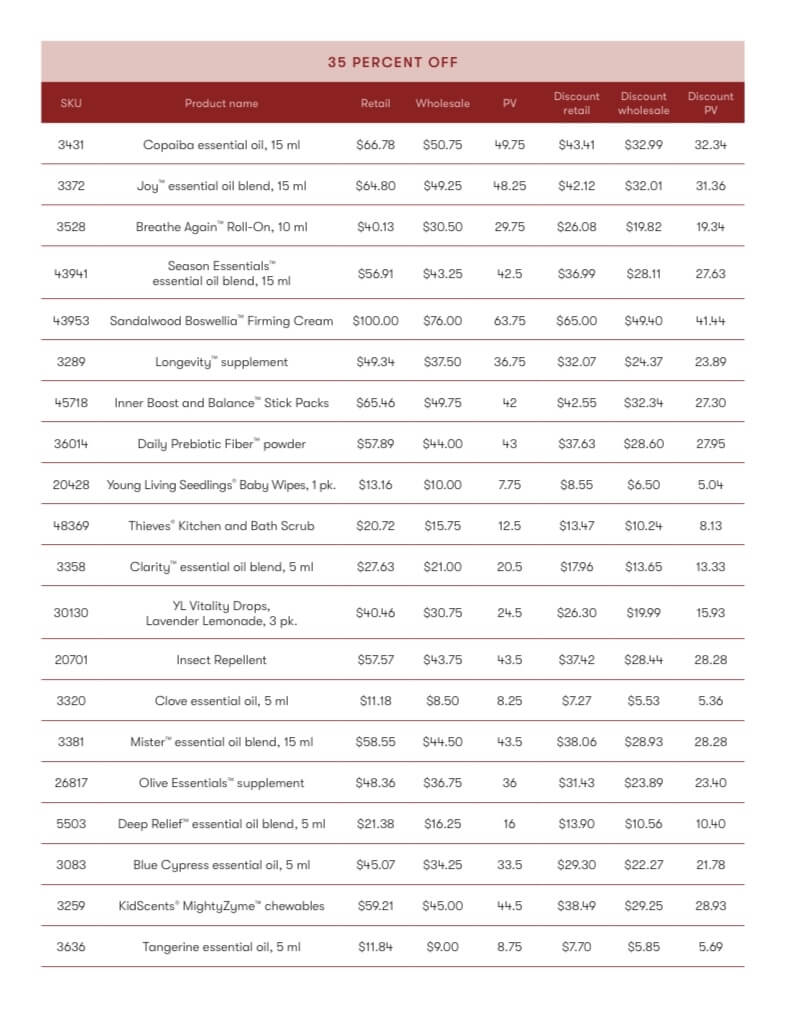 |
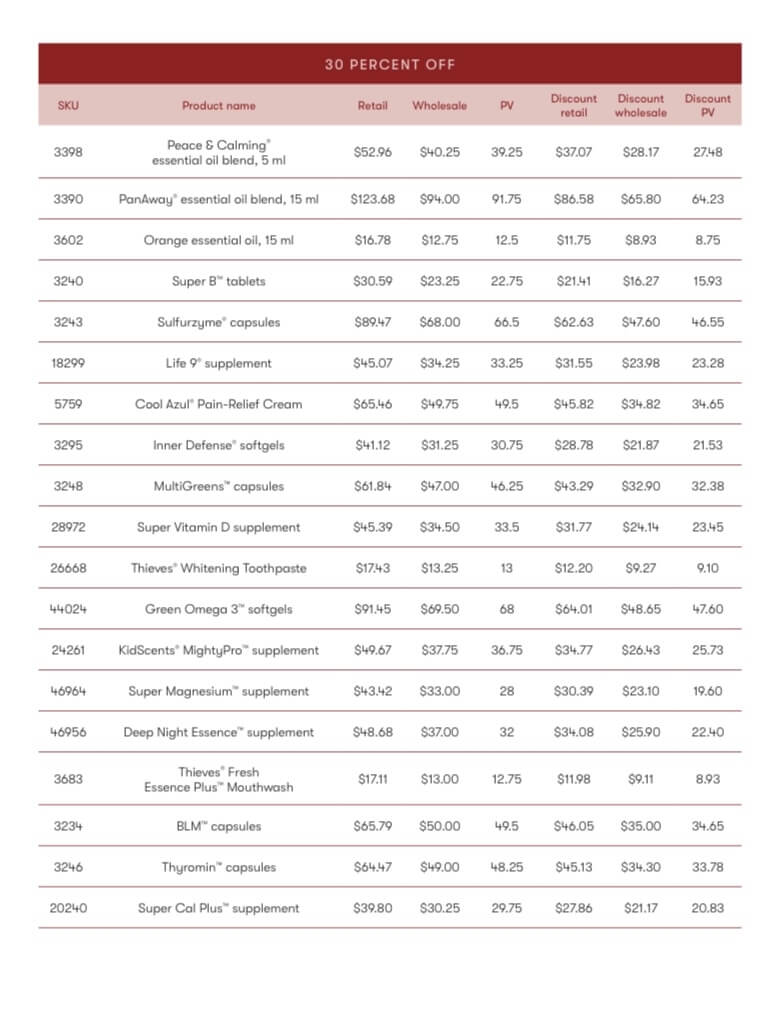 |  |  | 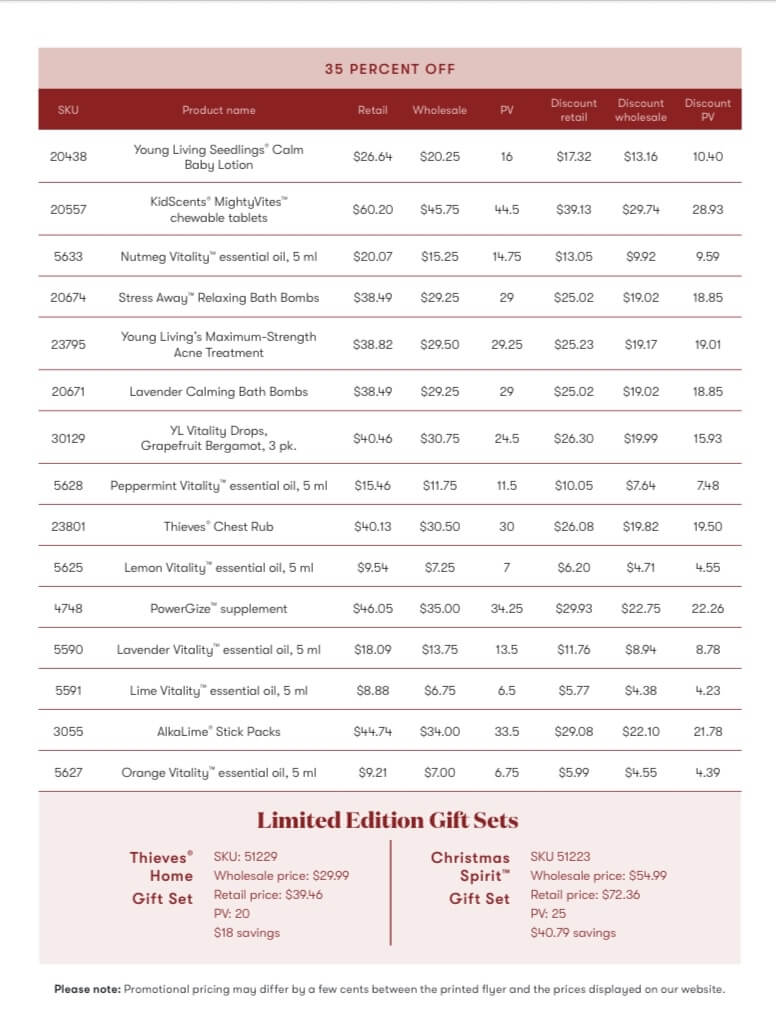 |
 |  |  | 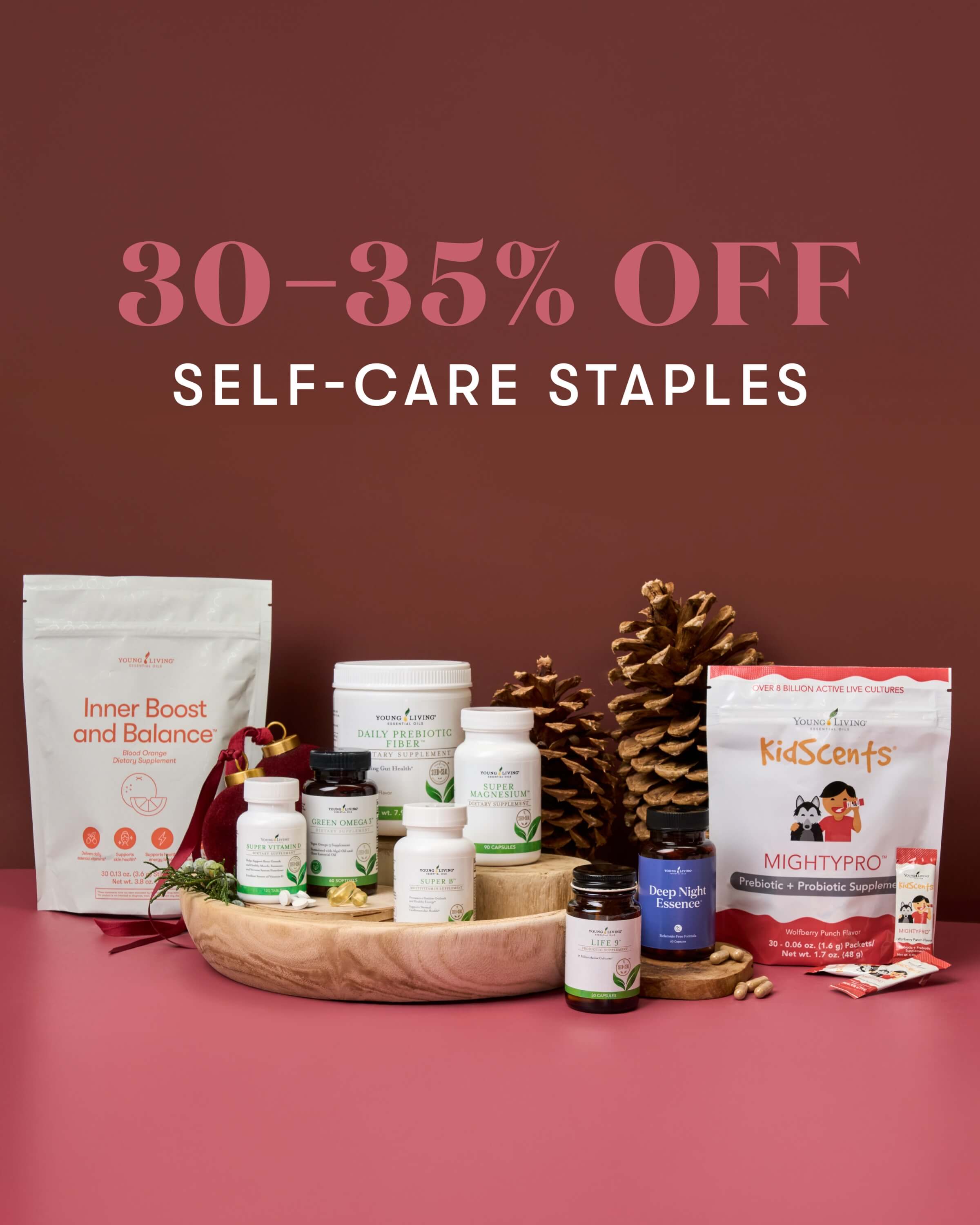 |
 | 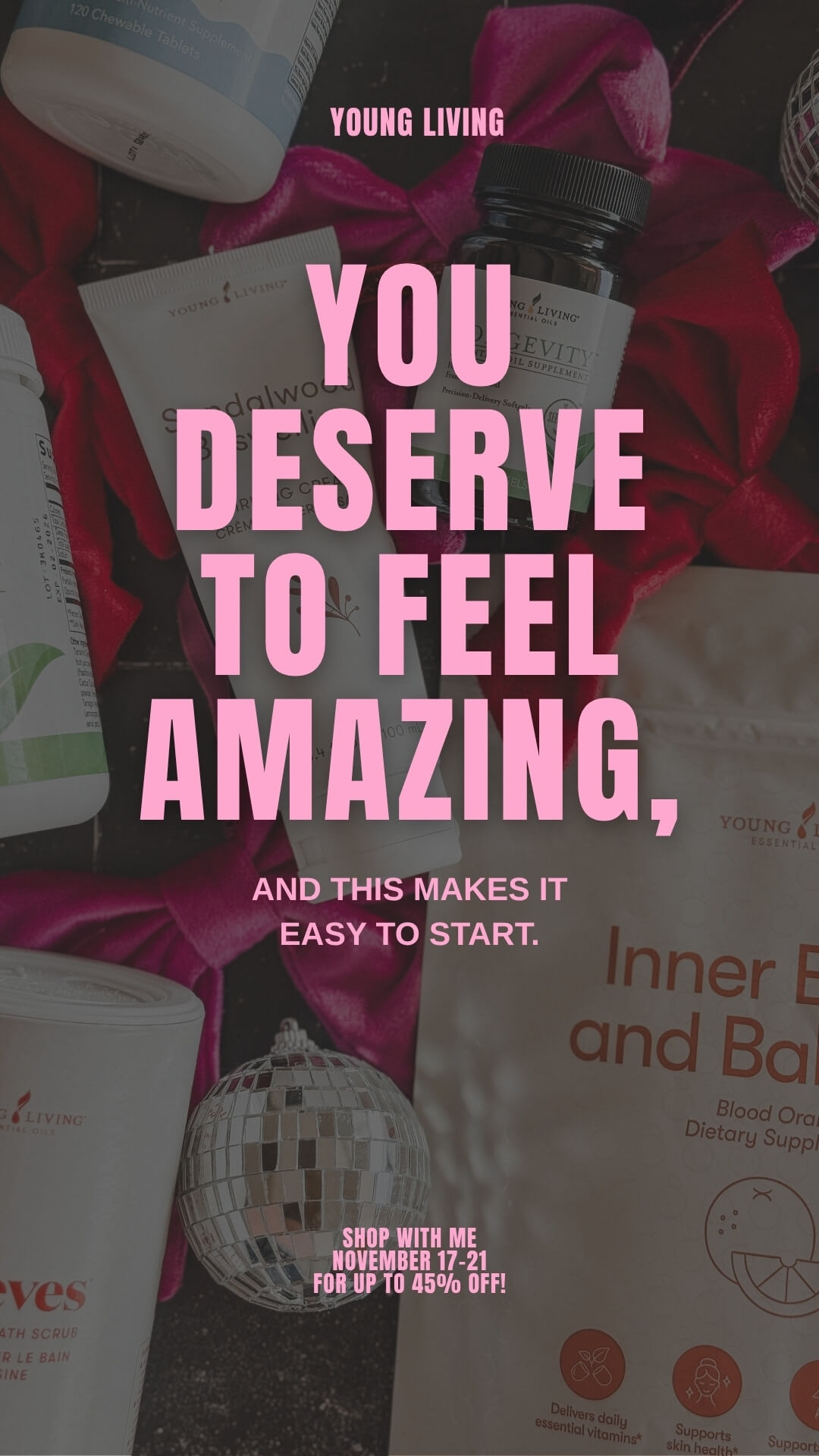 |  |  |
2.

Wyld Notes Fine Fragrance
This fragrance does not contain toxic ingredients that cause hormone disruption or cancer. This is a full disclosure company. You can see all the ingredients - and they are clean!
November 17 to December 1
20% OFF the five fragrances in the Original Collection AND 20% OFF the Discovery Set plus a $20 credit to use toward a full-size fragrance of choice.
Save $40 on Black Book and White Lie with the His & Hers bundle
FREE shipping on orders over $150
Sale discount cannot be combined with any other discount codes. (If you find this after December 1st - Use the code ERIKANOLL for 10% OFF)
 | 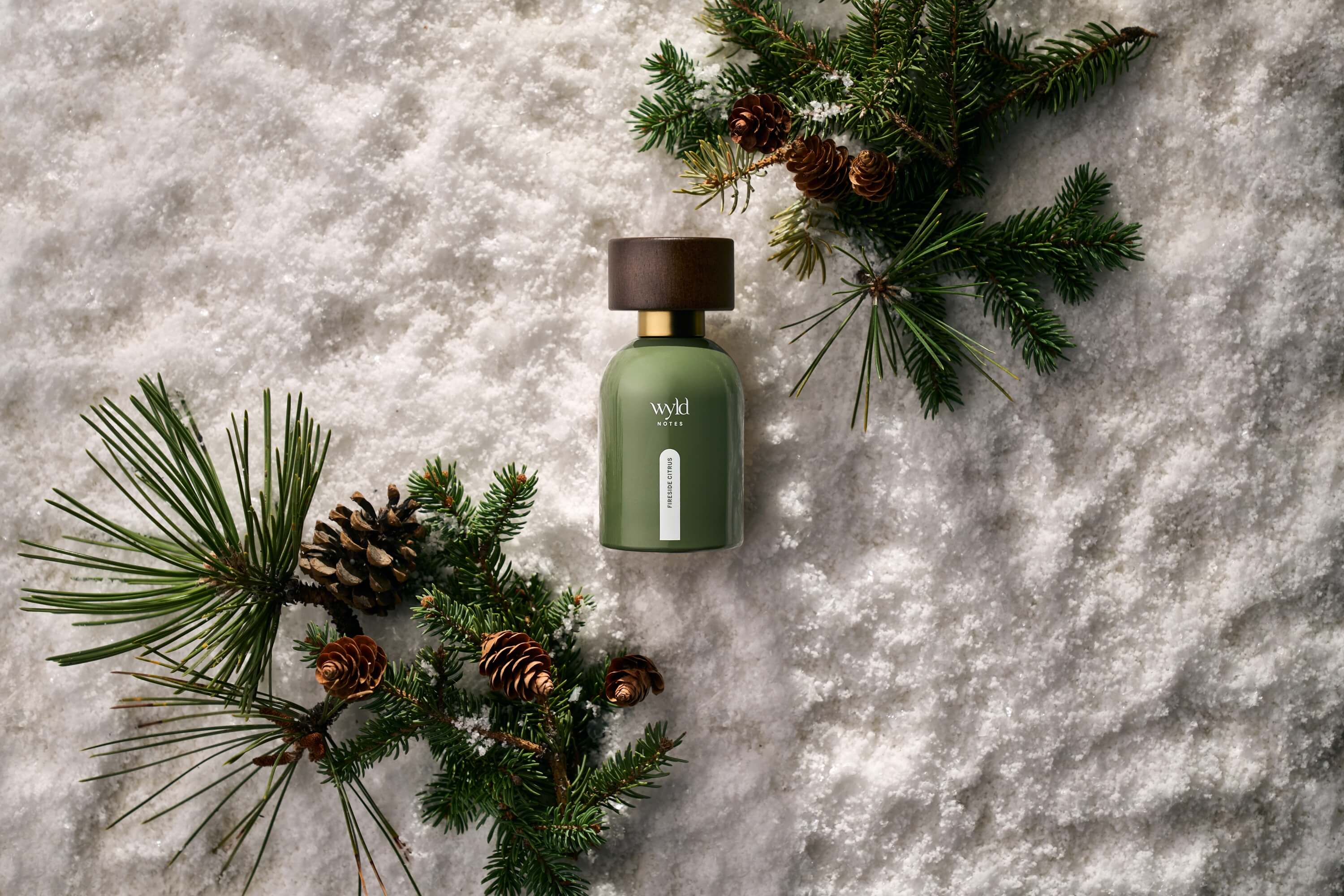 | 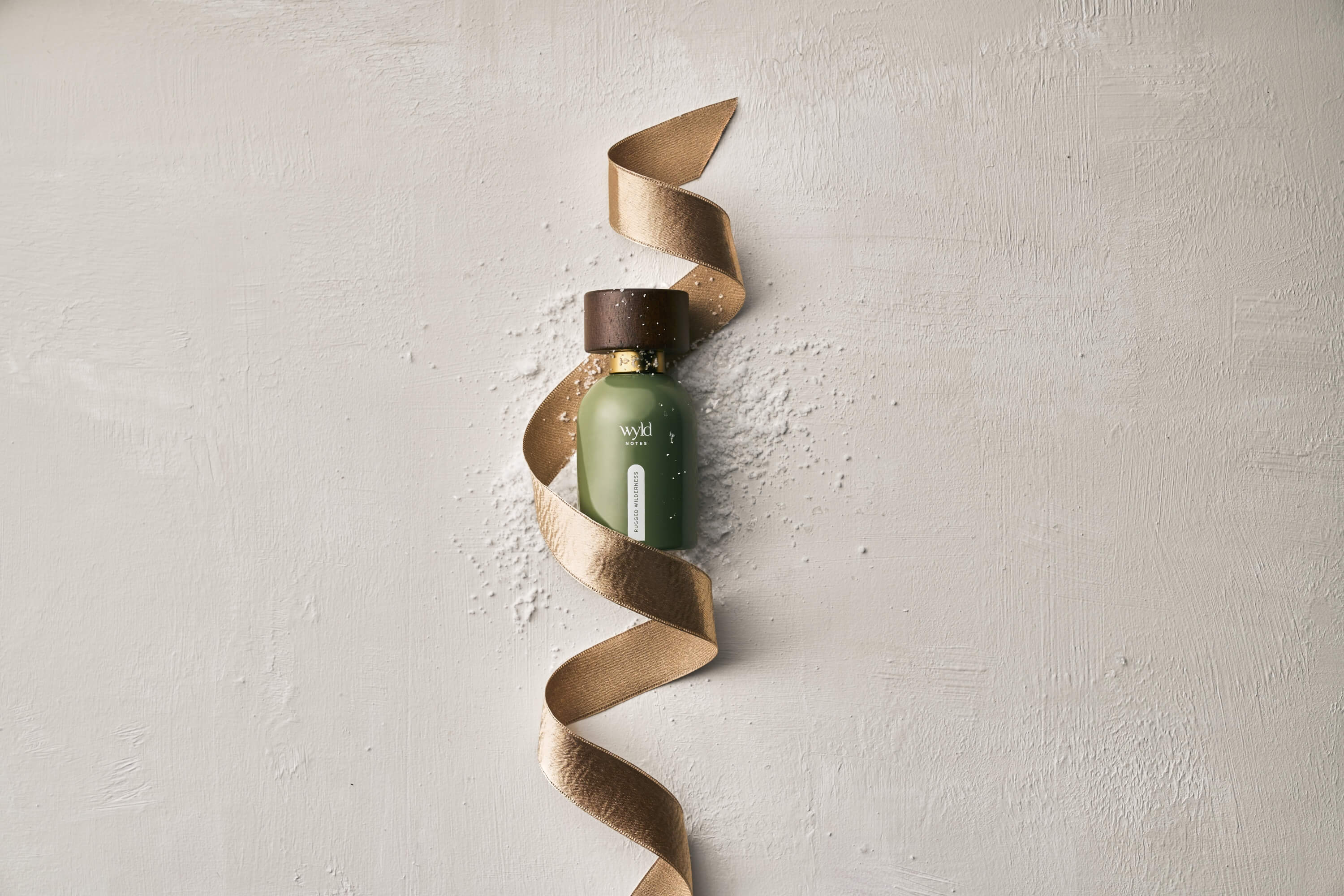 |  |
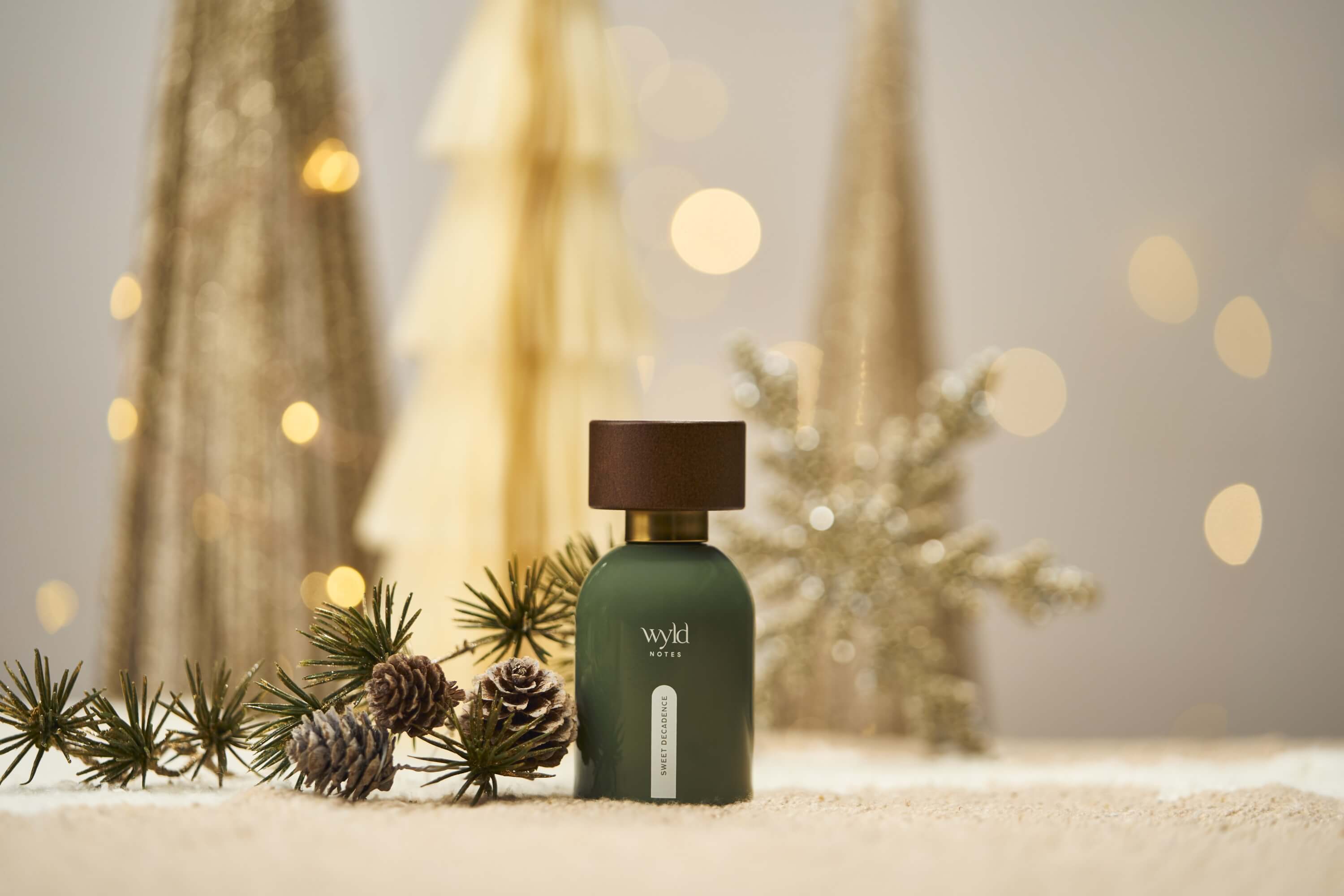 |  | 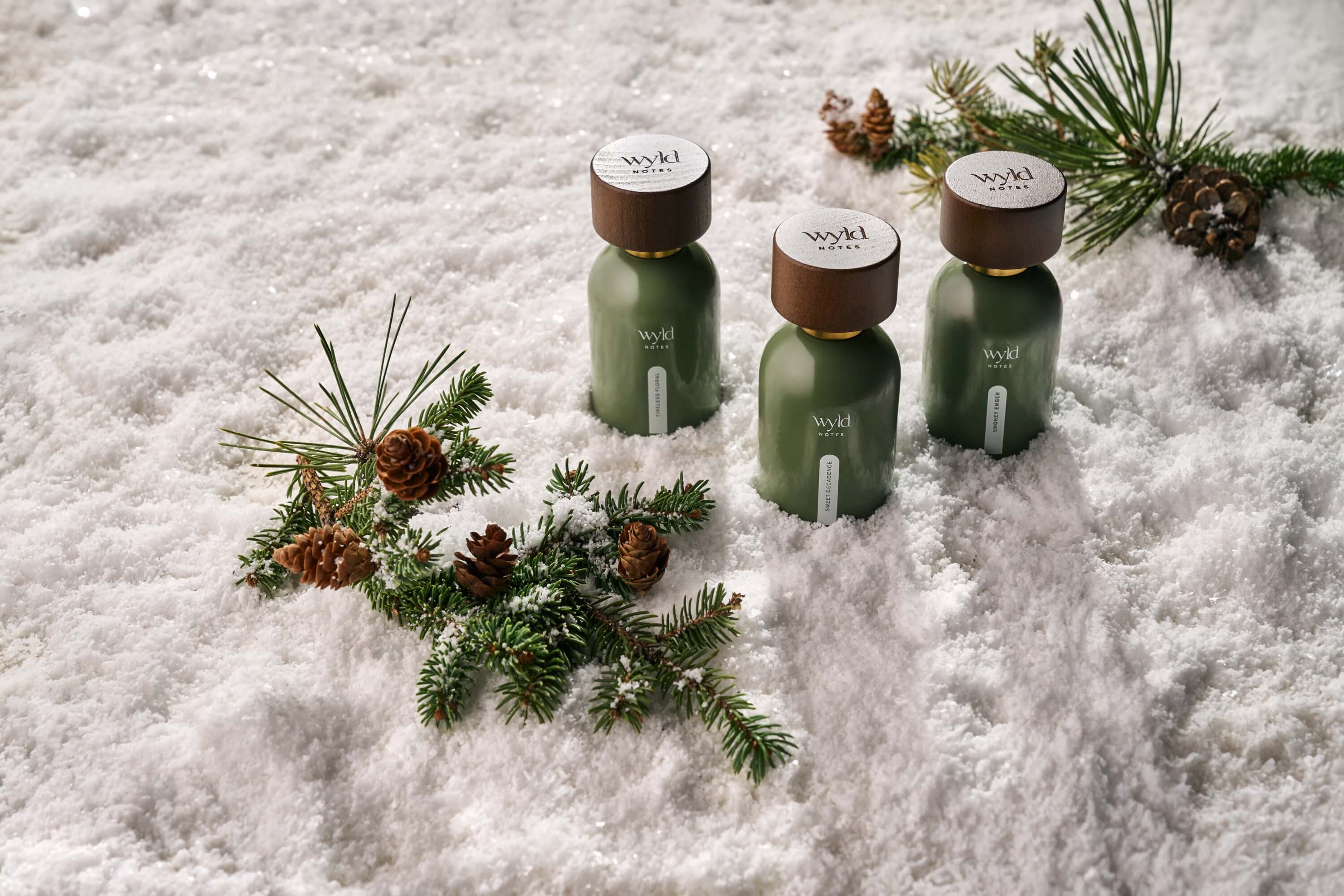 |  |
3.

WAVwatch Sound therapy device
This self-care device is gentle and easy to use for many different purposes. Lower you stress levels, energize your body, detox, and much more.
Use the Code ERIKA100 for 10% off pre-orders of WAVwatch 2.2 or 20% off WAVwatch 2.0!
 |  |
4.

Check My Body Health
This company tests for allergies and sensitivities. It can be very helpful to get to the root cause of health issues.
Nov 13 - Nov 26, 2025
save 15% off - Use the code BFCM15
Nov 27, 2025 ONLY
Save 20% with the code: TURKEY20
Nov 28, 2025
SAVE 15% with code BLACKFRIDAY
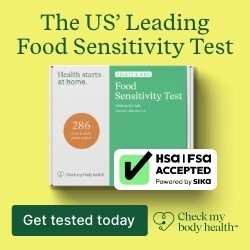
My blogs contain some affiliate links.
Any purchase made is a blessing to my family at no extra cost to you!
Thank you for supporting us!

As daylight decreases, it’s normal to feel a little more sluggish. Between school schedules, work, and family life, it can be easy to let your energy dip. But small, daily habits can help you stay alert, focused, and motivated—even when the days get shorter.
Your body’s internal clock, or circadian rhythm, is influenced by sunlight. Less exposure to natural light can impact mood, sleep, and energy levels. Supporting your body with nutrient-rich foods, movement, and mindful routines can help maintain steady energy throughout the day.
Fuel Your Body for Sustained Energy
Support your natural rhythms with movement, hydration, and plant-based energy boosters. Combining nutrition with your favorite Young Living tools can make a noticeable difference.
- NingXia Nitro: Take one packet in the morning or mid-day to support cognitive function and sustained energy. NingXia Nitro delivers plant-based energy with essential oils and naturally derived caffeine for alertness without a crash.
- NingXia Red: Take one or two packets in the morning and afternoon for antioxidant support and cellular energy. NingXia Red Is a caffeine-free energy boost that keeps you going through energy slumps.
- Peppermint Essential Oil: Inhale directly from the bottle or diffuse for an invigorating boost. Peppermint Essential Oil awakens the senses and promotes mental clarity—perfect for mid-day refreshment.
Nutrition Tips for Steady Energy
Fueling your body with the right foods helps prevent crashes and keeps your mind sharp:
Fueling your body with the right foods helps prevent crashes and keeps your mind sharp:
- Complex carbs + protein: Oats, quinoa, lentils, chickpeas, or eggs provide long-lasting energy.
- Healthy fats: Nuts, seeds, avocado, and olive oil support brain function and satiety.
- Iron-rich foods: Spinach, kale, and pumpkin seeds help prevent fatigue.
- Hydrating foods: Cucumbers, watermelon, and celery support energy and focus.
Energy-Boosting Breakfast Bowl Recipe
Quick, nourishing, and perfect for busy mornings:
Ingredients:
- ½ cup cooked quinoa or oatmeal
- ½ cup unsweetened almond milk
- 1 small banana, sliced
- 1 Tbsp almond butter or sunflower seed butter
- 1 Tbsp pumpkin seeds or chopped walnuts
- ½ tsp cinnamon
- Optional: 1 drop Lemon Vitality essential oil (safe for ingestion)
Directions:
- Combine quinoa/oatmeal and almond milk in a bowl.
- Top with banana, nut butter, seeds, and cinnamon.
- Optional: add a drop of Lemon Vitality for a bright, refreshing flavor.
- Enjoy slowly to kickstart your day with steady energy.
14-Day Reset Reminder
If you’ve been looking for a way to hit the “refresh” button on your habits, the 14-Day Reset is a perfect opportunity. This program helps moms reset nutrition, hydration, and wellness routines with simple, sustainable steps. It’s designed to support energy, focus, and overall well-being—exactly what you need as the seasons shift.
My blogs contain some affiliate links.
Any purchase made is a blessing to my family at no extra cost to you!
Thank you for supporting us!



